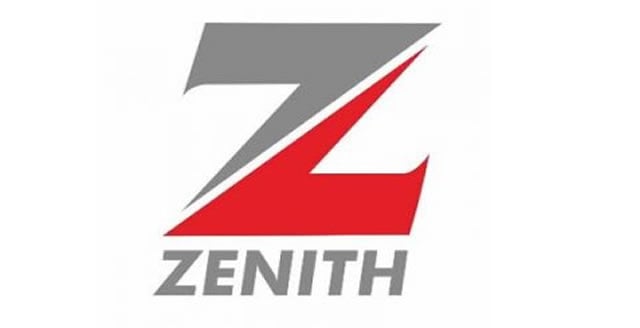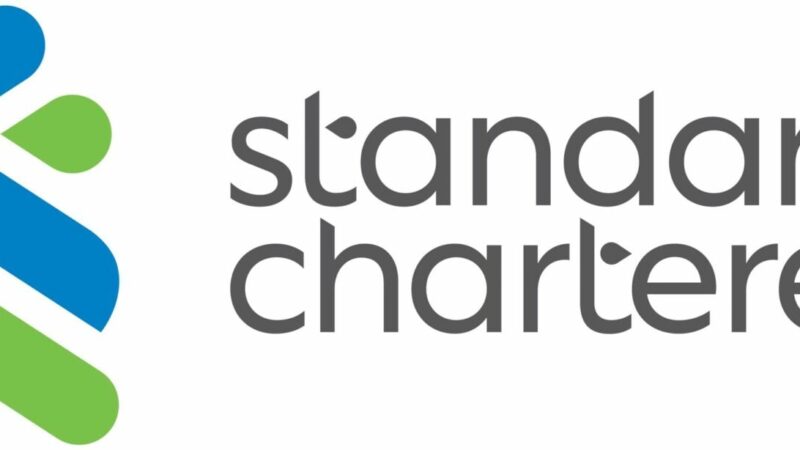MAN pushes for African trade amid BRICS-US faceoff
 The Manufacturers Association of Nigeria Export Promotion Group has urged the Federal Government to prioritise intra-African trade as uncertainty mounts over Nigeria’s growing ties with BRICS nations and looming tariff threats from the United States of America.
The Manufacturers Association of Nigeria Export Promotion Group has urged the Federal Government to prioritise intra-African trade as uncertainty mounts over Nigeria’s growing ties with BRICS nations and looming tariff threats from the United States of America.
In a virtual interview with The PUNCH, Chairman of MANEG, Odiri Erewa-Meggison, noted that the faceoff between the US and the economic and political alliance comprising the emerging economies of Brazil, Russia, India, China, and South Africa should encourage Nigeria to prioritise African trade under the African Continental Free Trade Area.
President Donald Trump recently proposed to impose a 10 per cent tariff on countries aligned with BRICS. Nigeria is a BRICS partner country, and economic observers worry that this could negatively affect Nigeria’s trade and manufacturing outlook.
Erewa-Meggison said, “If the threatened tariffs imposed by President Donald Trump on countries aligned with BRICS, Nigeria in particular, are implemented, it could disrupt trade relations and harm key sectors of the economy, such as agriculture and manufacturing.”
She warned that the proposed tariffs could strain Nigeria’s trade relationship with the U.S., particularly in critical imports like pharmaceuticals and agricultural products.
“Increased tariffs could create uncertainty in the business environment, prompting foreign investors to reconsider their investments in Nigeria,” she remarked, adding that the cost of importing essential production technology might also rise, putting more pressure on the economy.
In a more optimistic view, Erewa-Meggison said the crisis could catalyse Nigeria to rethink its economic direction.
“These challenges can also serve as opportunities for Nigeria to reassess and strengthen its economic strategies and policies,” she said.
She advised Nigeria to maximise the AfCFTA, explore new export markets, and promote value addition to raw materials to “build a resilient, self-sufficient economy that improves its global position and can turn the challenges of tariffs into opportunities for economic growth and sustainability.”
The caution from MANEG comes as trade between Nigeria and BRICS countries, Brazil, Russia, India, China, and South Africa, surged to N5.41tn in Q1 2025, according to National Bureau of Statistics data.
An earlier PUNCH analysis reported that this is more than triple the N1.54tn recorded in Nigeria’s exports to the U.S. over the same period.
The shift towards BRICS markets is happening just as the U.S. threatens to impose a 10 per cent tariff on goods from BRICS-aligned nations, raising Nigeria’s potential exposure to U.S. tariffs to 24 per cent. The US has also proposed a 25 per cent levy on goods from Japan and South Korea, sparking fears of escalating global trade tensions.
Notable leaders of private sector groups, including the President of the Association of Small Business Owners of Nigeria, Dr. Femi Egbesola, said the proposed tariffs could disrupt global supply chains and hit Nigerian businesses hard.
Egbesola told The PUNCH, “As global supply chains adjust and trading blocs realign, Nigerian businesses, especially those reliant on imports from affected countries, may face increased costs and volatility in sourcing raw materials, equipment, and technology.”
He, however, agreed with MANEG’s view that the moment presents an opportunity for Nigeria to scale up its AfCFTA commitments.
“With the African Union countering the US approach by strengthening AfCFTA, Nigeria has a chance to deepen regional trade and attract more investment from BRICS countries seeking alternative markets. This could create new export pathways and position Nigerian businesses to serve a larger African market,” he added.
Egbesola stressed that Nigeria must act swiftly to upgrade local production capacity and align with AfCFTA goals to remain competitive.
“The private sector must stay agile, competitive, and innovative to seize emerging opportunities while mitigating external risks. This is a defining moment for Nigeria to reposition itself as a key player in the evolving global trade landscape,” he stated.
Nigeria formally began participating in BRICS+ engagements in 2024 and has since joined discussions on trade, development, and finance. However, the Presidency has downplayed fears that the U.S. threat would automatically apply to Nigeria.
Meanwhile, a Senior Special Assistant to the President on Foreign Affairs and Protocol, Ademola Oshodi, reportedly said Nigeria’s involvement with BRICS is guided by strategic and ideological interests, but not full membership.
“That 10 per cent policy is more of an assurance right now; it’s not yet an American policy… We’re not a full BRICS member. So, this should not affect us regardless of our ideological similarities,” Oshodi said on a live TV interview.







